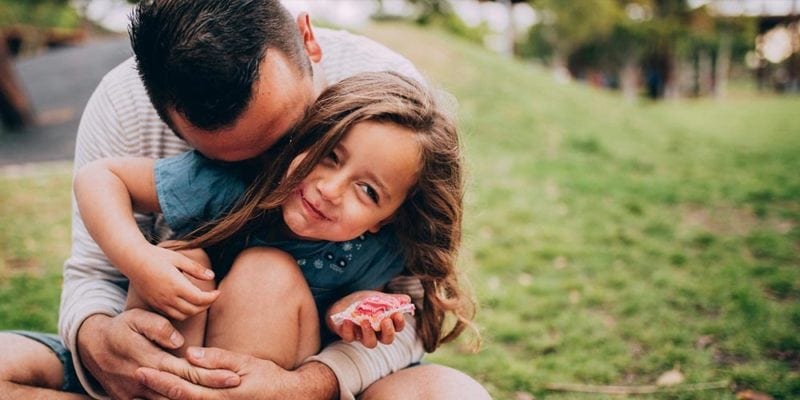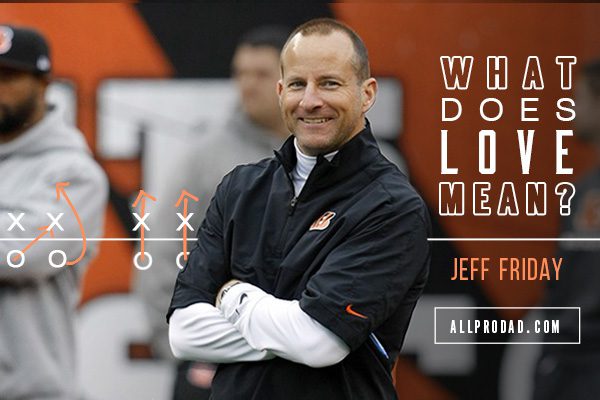Author Leo Buscaglia once wrote about a contest he was asked to judge. The purpose of the contest was to identify the most caring child. The winner was a four-year-old boy whose next door neighbor was an elderly man who had recently lost his wife. One day, the little boy saw the man crying. So he walked into the old gentleman’s yard, climbed onto his lap, and just sat there. When his mother asked him what he said to the man, the little boy said, “Nothing, I just helped him cry.”
Kindness is one of the great pillars of love.That little boy was showing kindness to the old man. And kindness is one of the great pillars of love. Author Rick Warren says there are four things we need to do to show kindness to others.
1. See the needs of people all around us.
Physical, emotional, and spiritual needs. That means you and I need to stop and look. Be observant. The little boy saw the needs.
2. Sympathize with people’s pain and struggles.
We’ve got to identify and empathize with them, feel what they feel. The little boy sympathized with the old man.
3. Seize the moment.
Do what we can, when we can. Don’t wait. It’s okay that you’ve interrupted. It’s okay that it’s inconvenient. The little boy promptly went to help the old man. He seized the moment.
4. Spend lavishly to meet the need.
We should give our time, talent, and treasure to others without expecting anything in return. The little boy spent time just sitting there in the old man’s lap and helping him cry.
The little boy loved that man. He saw, he sympathized, he seized, he spent.
When my son was in high school, I went to see one of his junior varsity football games. It was halftime and his team, Plant High School, was leading by a wide margin. My son had been playing strong safety the entire first half. I was fired up about seeing him come out the second half and, hopefully, make some big plays. As the whistle blew and the ball was kicked off to start the remainder of the game, I couldn’t find my son. “Where is he?” I asked my wife. She shrugged her shoulders. Then we looked down on the sidelines and spotted him out of his uniform.
After the game our son, a man of few words, did not give much of an explanation. But another parent had heard what happened. There weren’t enough uniforms for all of the boys, so Marky had given up his uniform to another boy who hadn’t played all season so that he could play. Admittedly, my son probably realized he wouldn’t have played much, if at all, in the second half because of the lopsided score, so that made doing what he did a bit easier. Nevertheless, Susan and I were grateful for what he did. He saw, sympathized, seized, and spent.












Huddle up with your kids and ask, “What are ways we can be kind to others?”